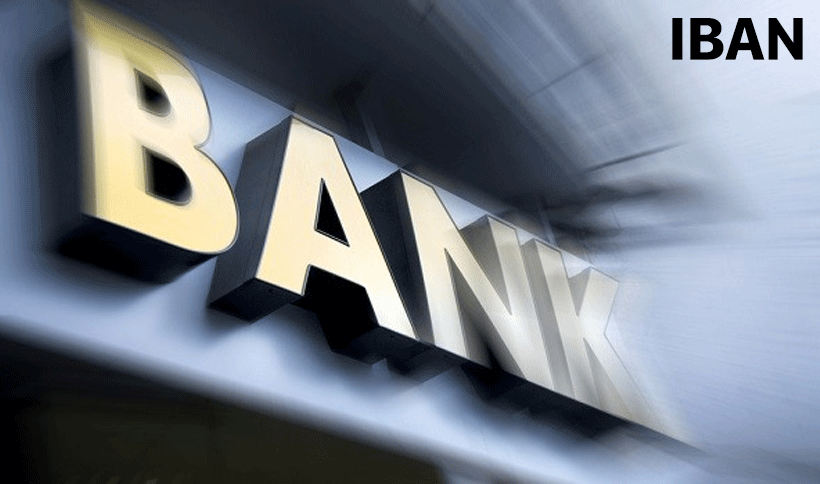
International Bank Account Number (IBAN) is an international standard numbering system which identifies an overseas bank account. The number starts with a two-digit country code then two numbers and last is followed by alphanumeric characters. It is a number which identifies overseas payments and it does not replace bank account number.
IBAN and SWIFT
When moving from one country to another, there are two internationally accepted standardized methods for identifying bank accounts one is the International Bank Account Number (IBAN) and the other is the Society for Worldwide Interbank Financial Telecommunication (SWIFT) code. The difference between the two codes is the content they identify.
The SWIFT code is used to identify a particular bank during an international transaction, while the IBAN is used to identify the individual’s accounts that participate in international transactions. Both play a vigorous role in the smooth operation of the international financial market.
The SWIFT system was earlier than the attempt to standardize international banking transactions through IBAN. It remains the method of most international financial transfers. One of the main reasons for this is because the SWIFT messaging system allows banks to share large amounts of financial data. This data includes account status, debit and credit amounts, and details about remittances. Banks often use a bank identifier code (BIC) instead of a SWIFT code. However, the two are easily interchangeable. Both contain letters and numbers and are usually between 8 and 11 characters long.
How does IBAN work?
The IBAN number consists of a two-letter country code, two check digits and a maximum of 35 alphanumeric characters. These alphanumeric characters are called the Basic Bank Account Number (BBAN). It is up to each bank’s banking association to decide which BBAN they will choose as the standard for the country’s bank account. However, only European banks use IBAN, although this practice is also popular in other countries.
When an interbank transfer or wire transfer is sent from one bank to another, the IBAN number will be used, especially when crossing international borders.
Requirements for IBAN
IBAN has developed different national standards for bank account identification. Different uses of alphanumeric forms represent specific banks, branches, routing codes, and account numbers, often resulting in misunderstandings and/or omissions of critical information in payments.
In order for this process to proceed smoothly, the International Organization for Standardization (ISO) issued ISO 13616:1997 in 1997. The European Banking Standards Board (ECBS) soon released a smaller version, arguing that the original flexibility allowed by the ISO version was not feasible. In the ECBS version, only uppercase letters and fixed-length IBANs are allowed in each country.
Since 1997, the new version of ISO 13616:2003 has replaced the original ECBS version. Subsequent releases in 2007 stipulate that IBAN elements must promote international data processing in the financial environment and other industries; however, it does not specify any internal processes, including but not limited to file organization techniques, storage media or languages.
Generating IBAN in the UAE
Generating an IBAN number in the United Arab Emirates is not at all difficult. All the banks in the UAE provide the service of generating an IBAN number on their official websites.
The bank’s websites have a programmed calculator that coverts your account number into an IBAN number. The calculator requires the branch code and the user’s account number. If the account number does not meet the length requirement then the user may add zeros before the account number to take it to the desired length. Once you have entered the branch code and the account number the calculator generates the IBAN Number.
IBAN number has a lot of benefits. It has made the international remittance process smooth and easy for everyone.
